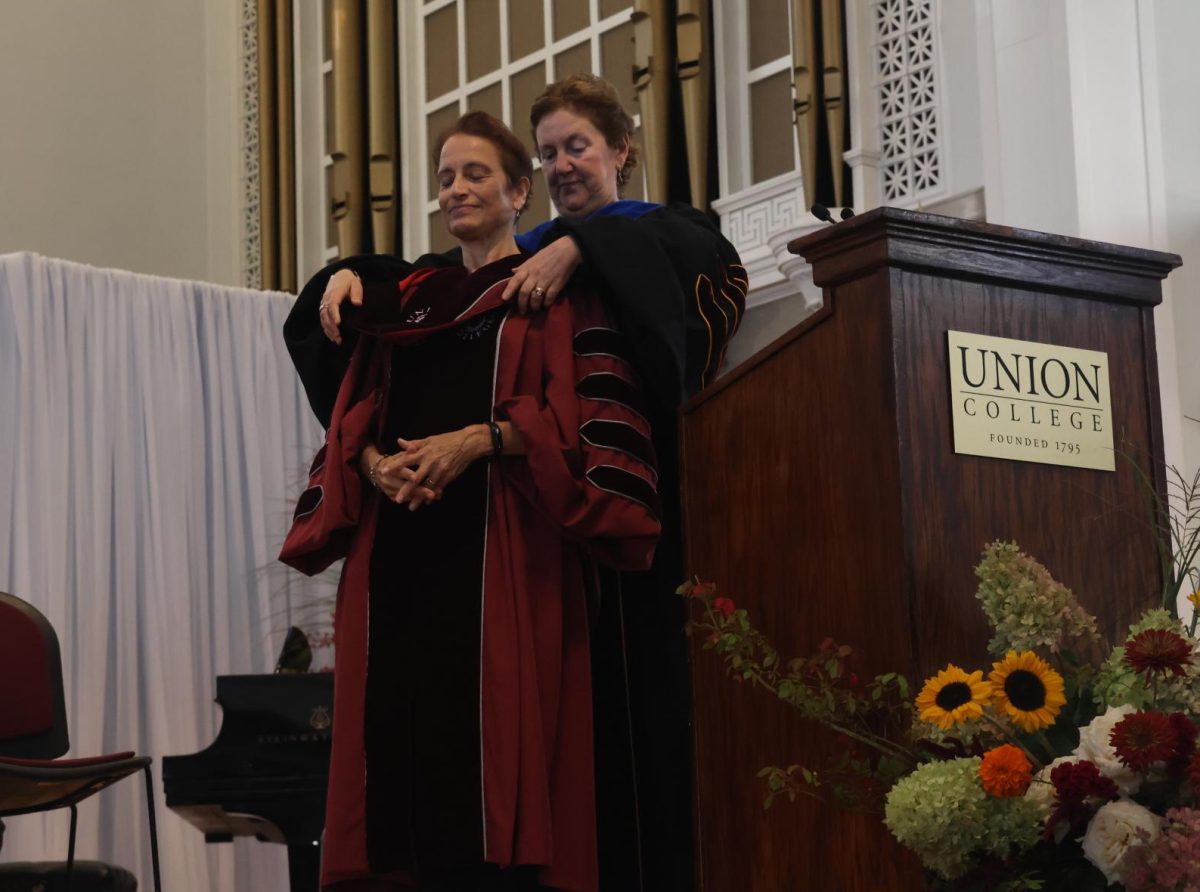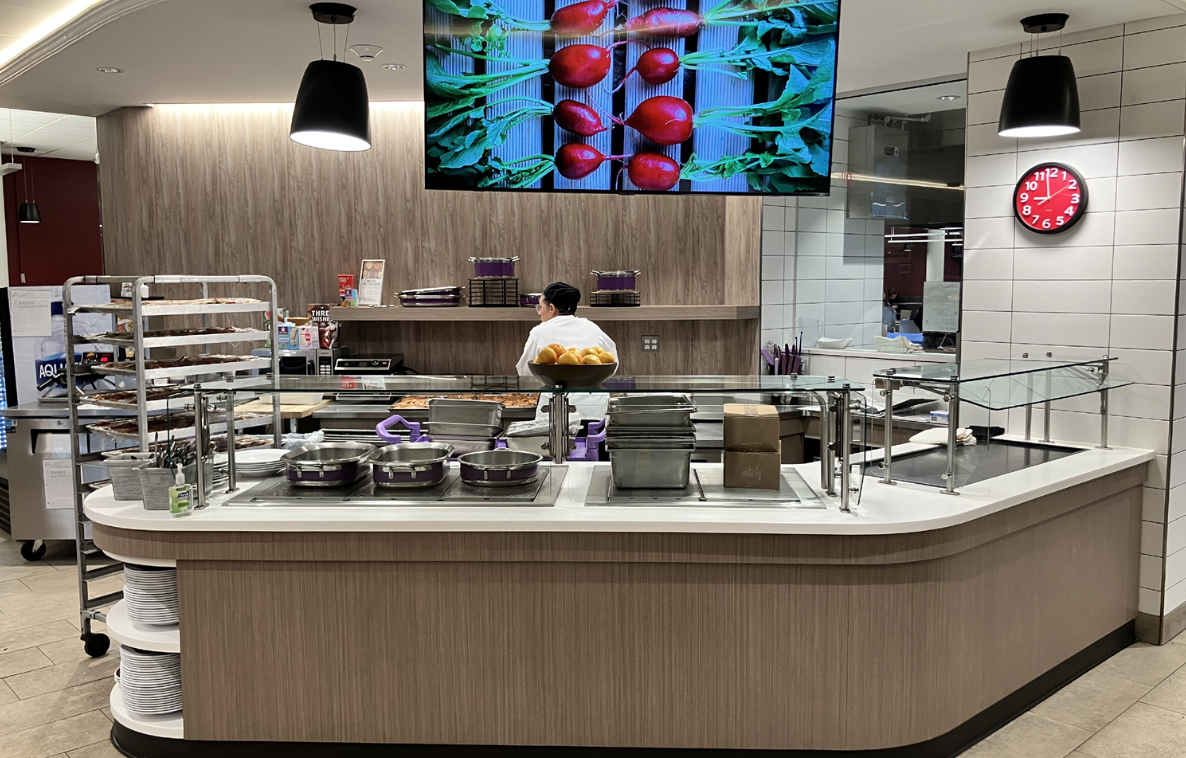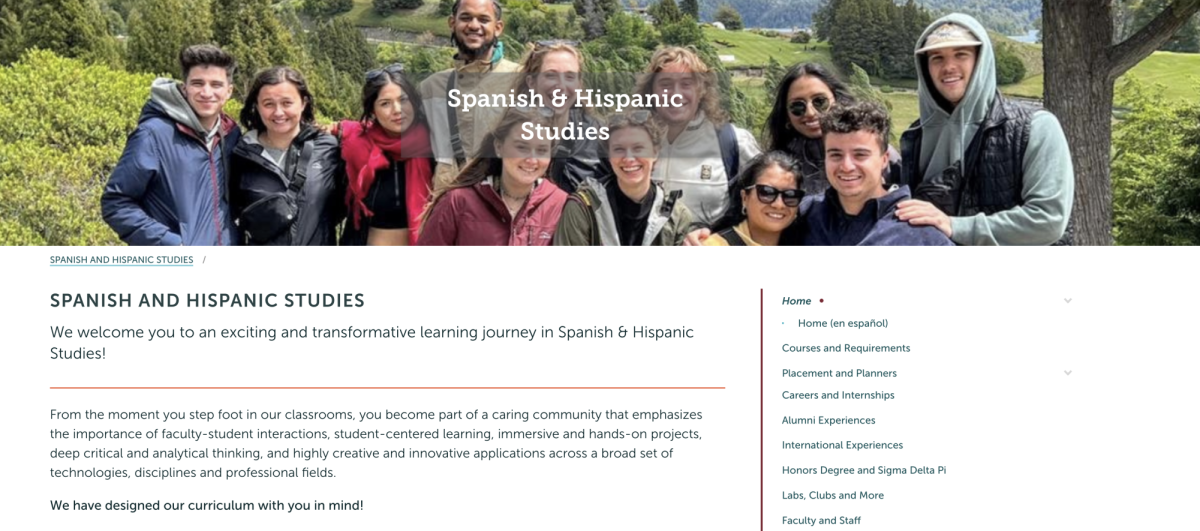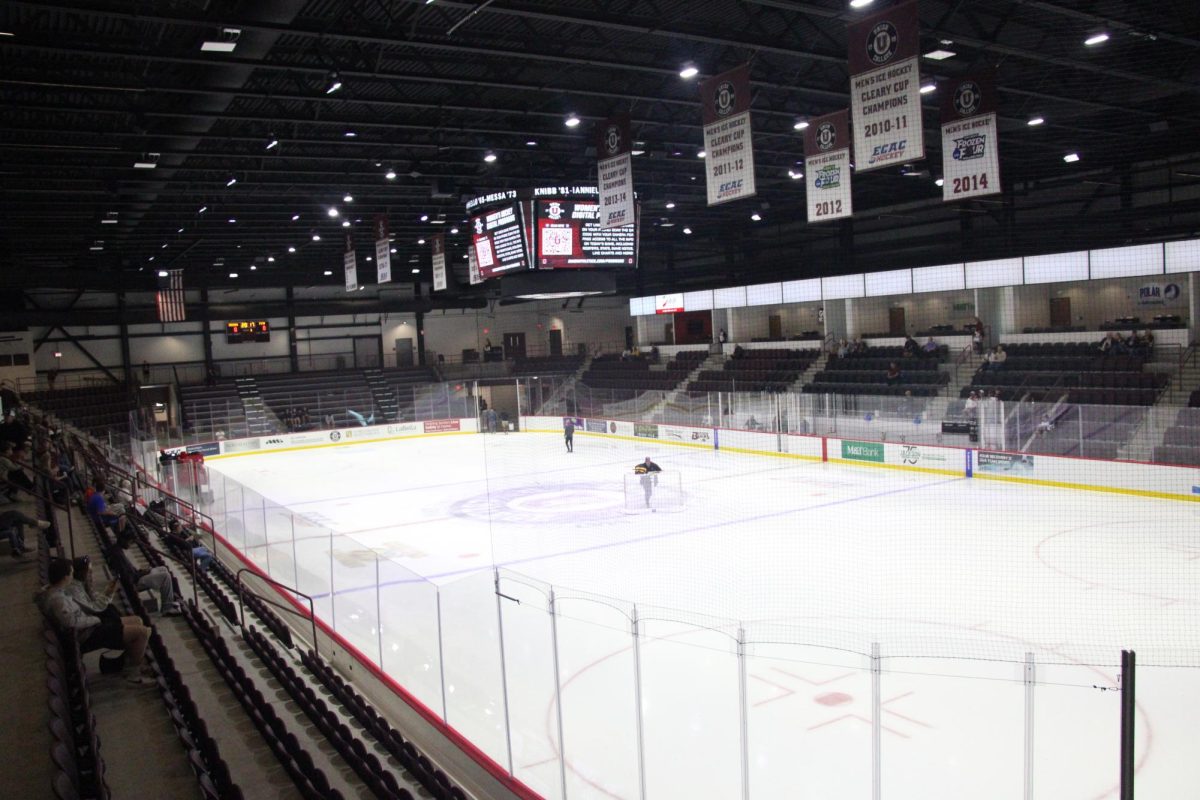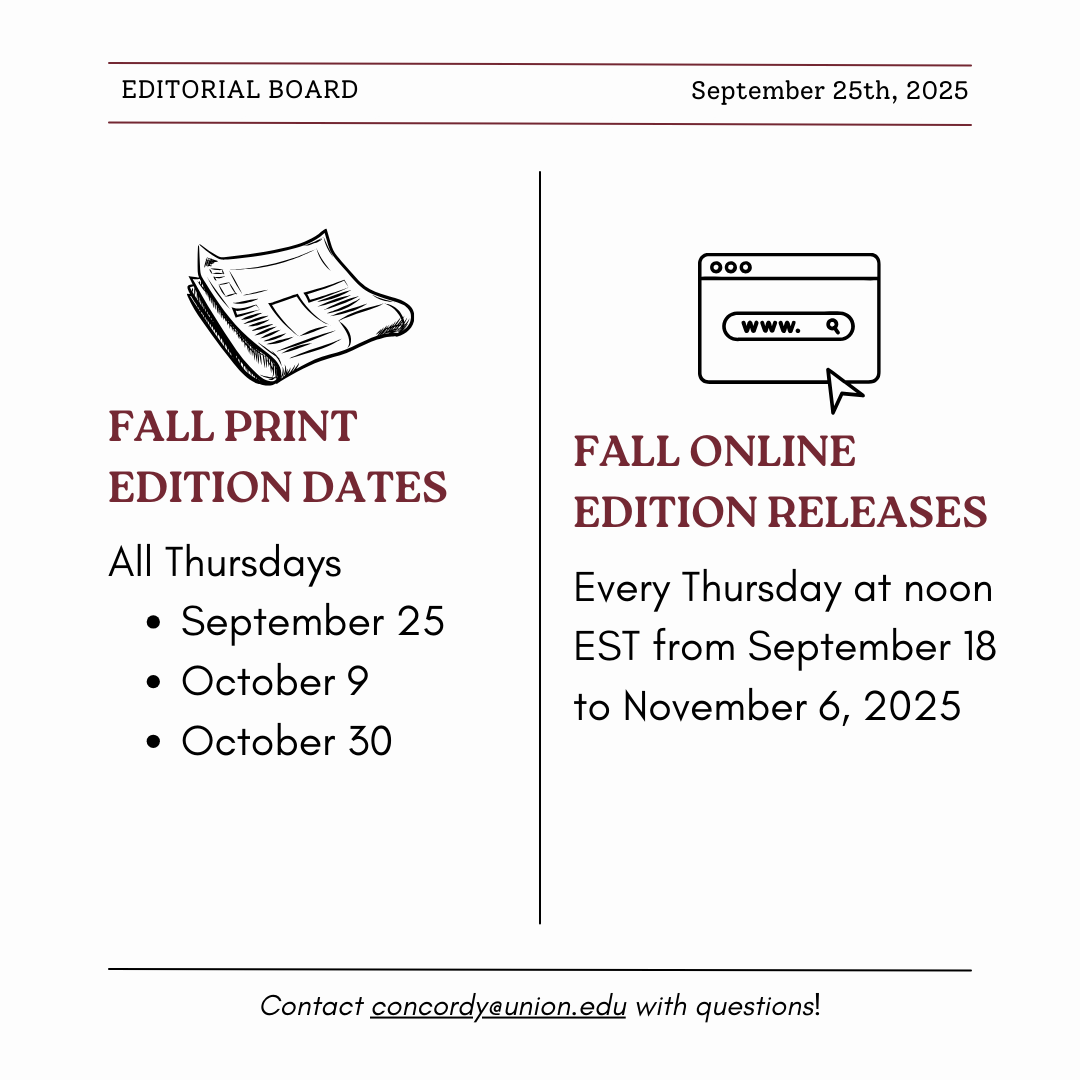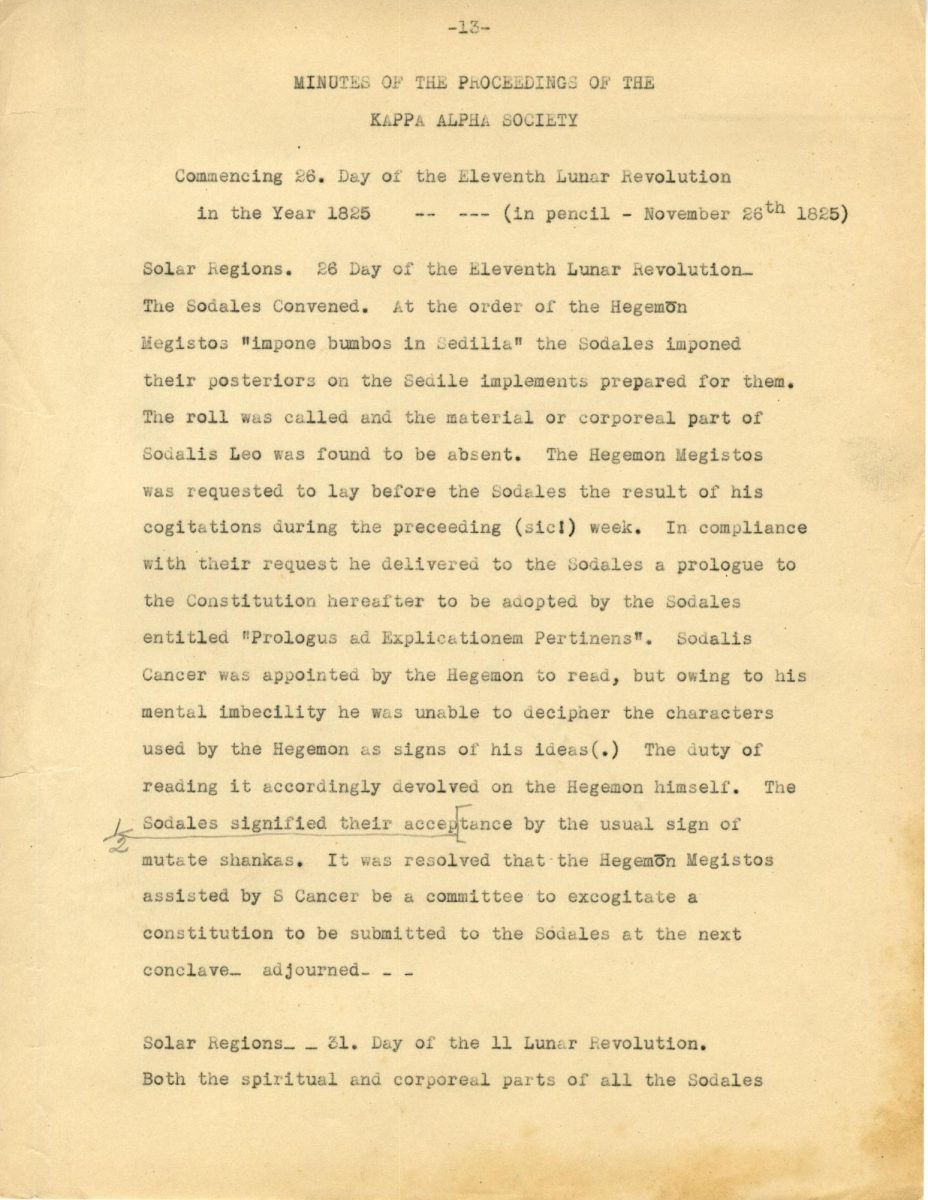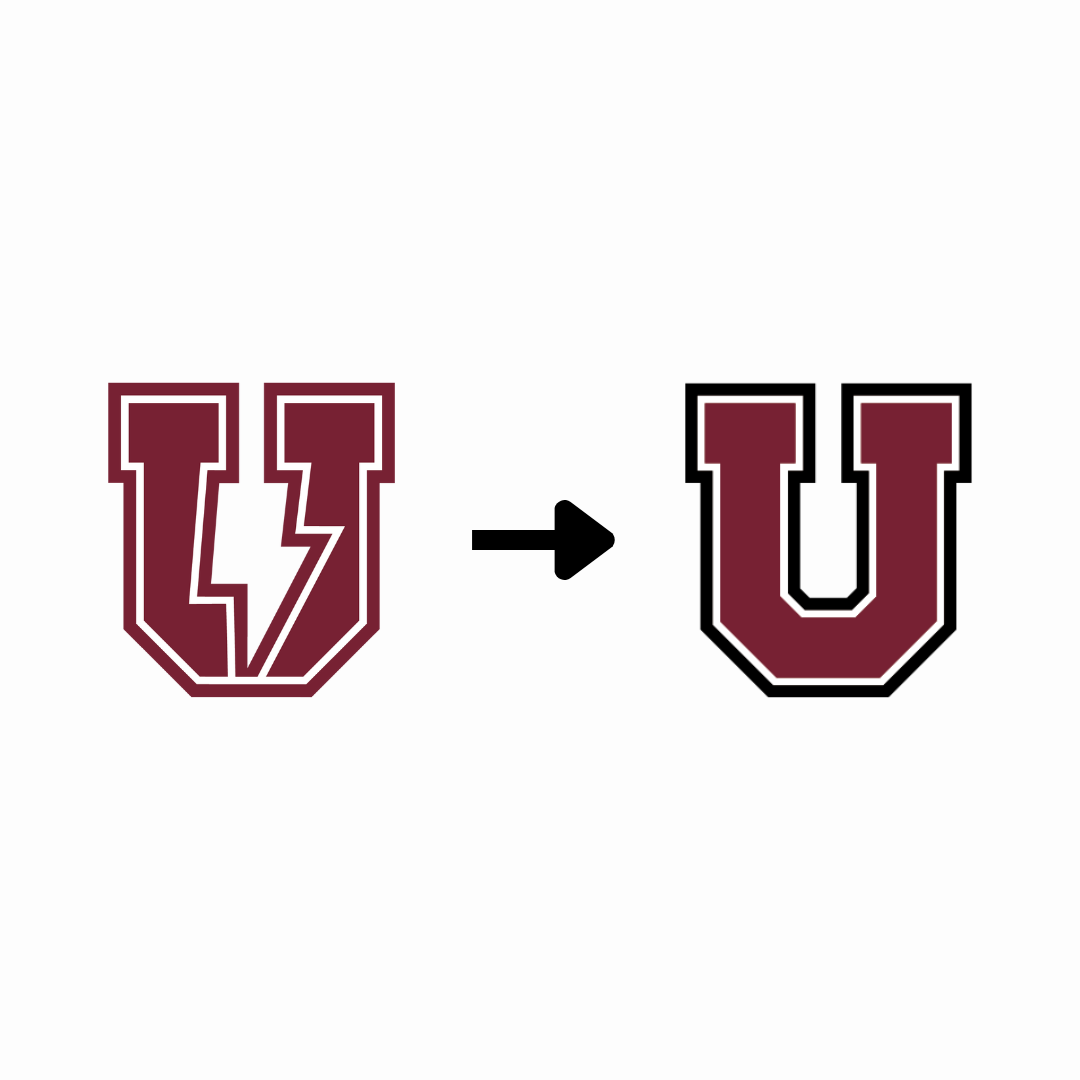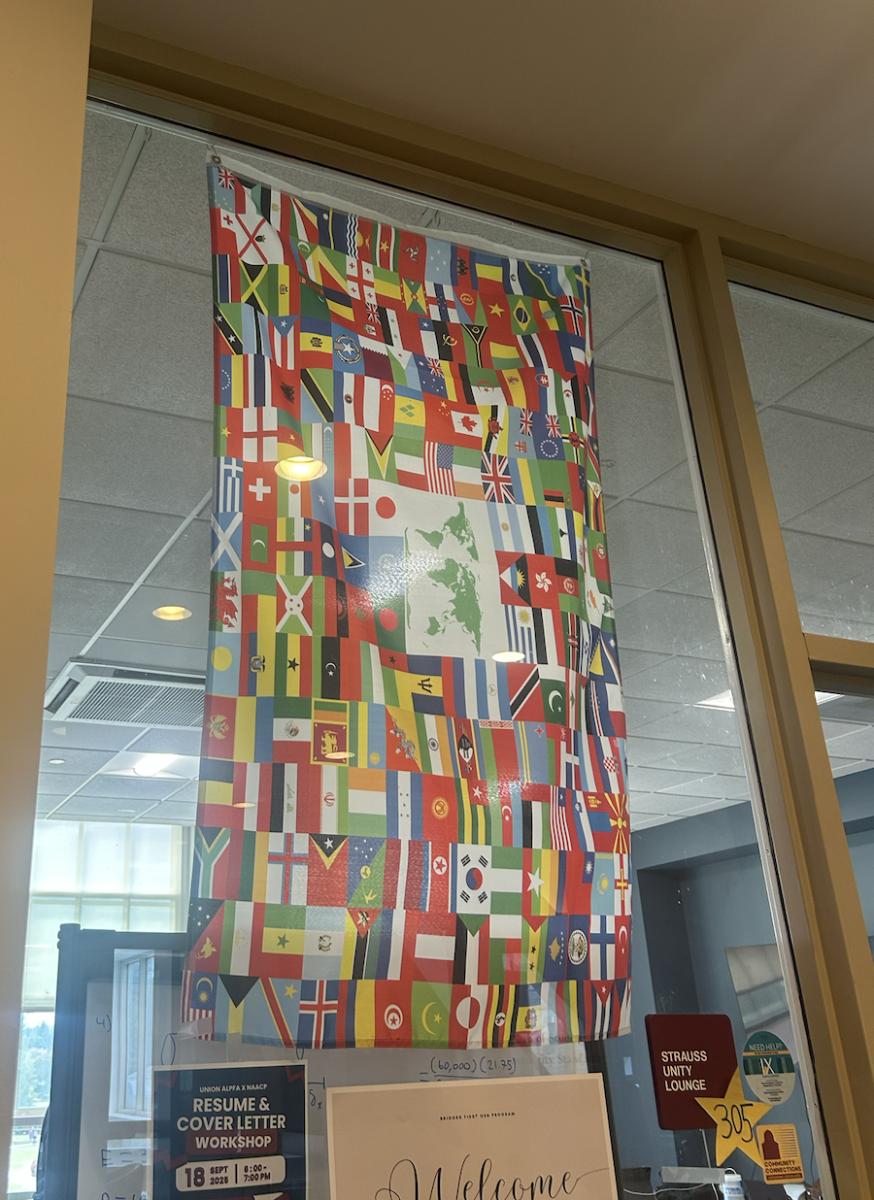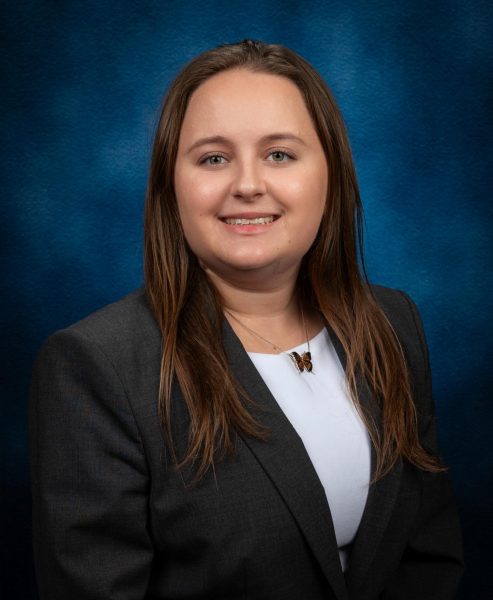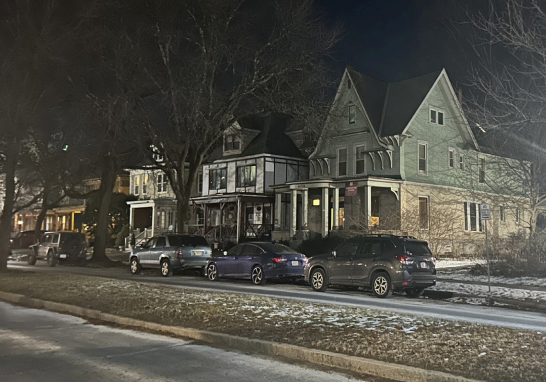
Starting with the 2025-2026 academic year, Union’s Office of Residential Education (ResEd) has decided to make significant changes to Union’s 13 Theme House options. Instead of having theme houses, the office plans to transition theme houses to floors of residence halls, have 5 affinity houses, and allow upperclass students to choose the remaining 8 buildings in the general housing lottery. The Concordiensis spoke to Catherine Straube, the Director of Residential Education and Housing, about these changes.
These changes will not impact the housing selection process for the 2024-2025 academic year. Currently, there are 13 theme houses: Arts, Bronner (multicultural), Cinematic, Dance, Dickens (literature), Game, Iris (LGBTQ+), Maker (creativity), Ozone (sustainability), Serenity (stress relief), Symposium (politics), Tech, and Wells (community service) houses. However, beginning in the 2024-2025 year, there will no longer be House Managers in each theme house, and Minerva houses will have Community Advisors instead of House Managers. Students who live in the theme houses next year will instead communicate as a house to the Community Director of Theme Houses, Kaitlyn Brooks. House Managers and Community Advisors function similarly to Resident Advisors, in which they are students hired by ResEd to manage residence halls and Minervas.
The college does not plan to sell any of the physical buildings these theme houses currently occupy, but it does plan to change the purpose of these houses, according to Straube. The ResEd office made this decision based on a declining occupancy and retention in theme houses, and inconsistent themed programming. This decision was not related to the college’s finances.
ResEd plans to turn 5 of the 13 houses from theme houses to affinity houses, which will focus on different cultural groups. The housing office has planned for there to be LGBTQ+, multicultural, sustainability, and two other affinity group houses, according to Straube. Specifically, these houses will be affiliated with a certain office on campus. For example, the multicultural house will be directly affiliated with the Office of Intercultural Affairs to provide faculty and staff support, and a budget to host events.
The remaining 8 out of 13 houses will be available for senior students to choose from in the general housing selection process. These houses will not have themes, and instead will just be houses with kitchens and driveways. “The goal is to continue to create more opportunities for upperclassmen to have independent living,” Straube commented about these houses. “And that includes allowing them to begin the transition that they would get by graduation and not having a house manager or a CA in their spaces, but really focusing on that independent living that comes with the next step in life.”
The ResEd office also has plans to turn floors of residence halls, such as Richmond, Davidson, and other buildings, into themed floors. The goal of this is to continue the themed living spaces that these houses provided, if students desire to continue them. The ResEd office has not decided what buildings this will happen in, or whether students will have to apply to live in them, according to Straube.
Students are now able to apply to live in Theme Houses for the 2024-2025 academic year, and applications will close in the first week of March. Students can contact the housing office at [email protected] to get in touch with people who currently live in these theme houses to learn more information about them.


